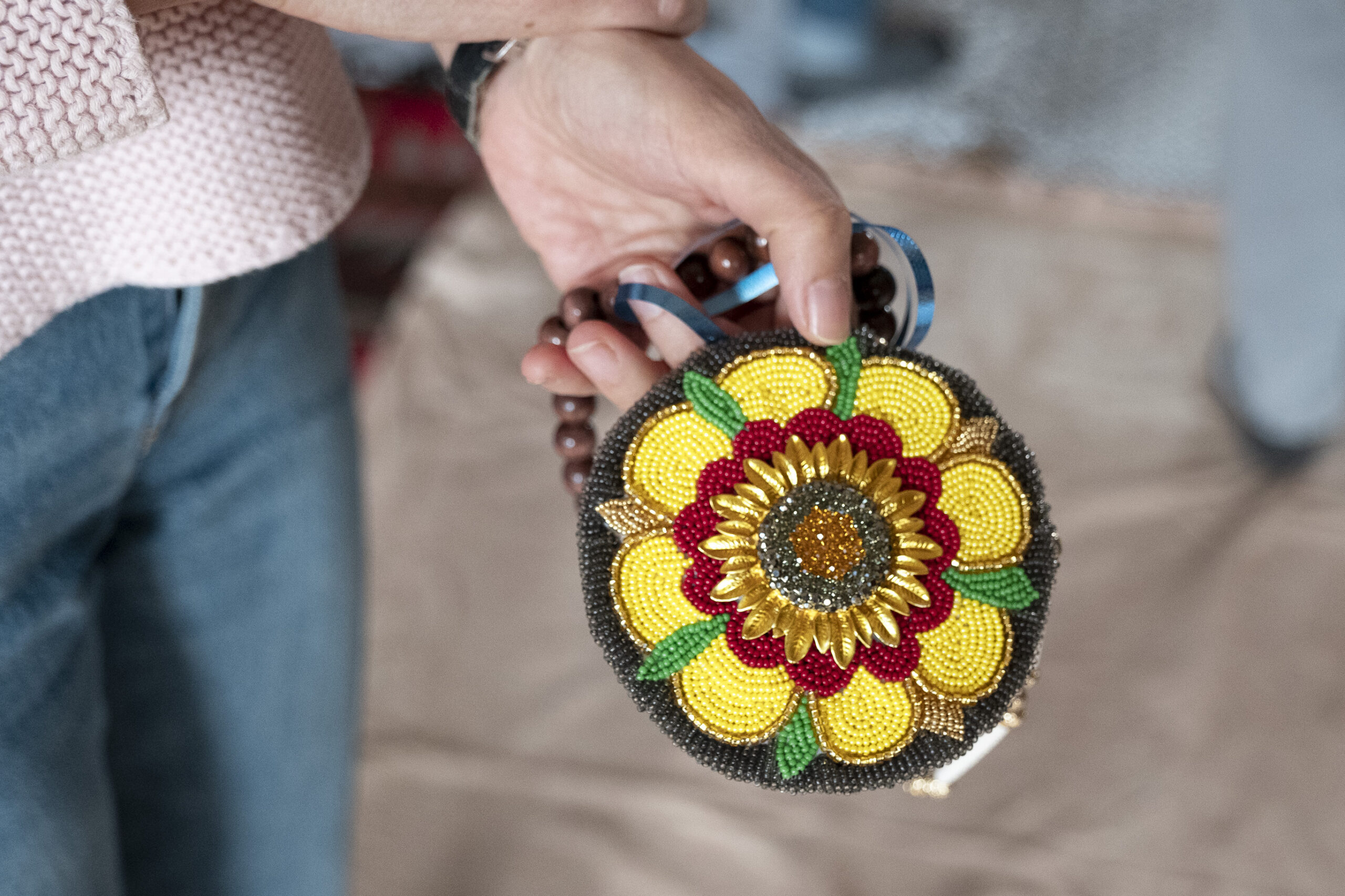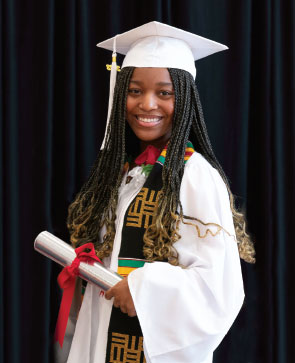By Kathleen Groves
In September, when the days are still long and the sun bakes into my classroom during the late afternoon, one of the first lessons I teach is based on Chimamanda Ngozi Adichie’s TED Talk, “The Danger of a Single Story”. It is important that my students and I begin the year on this note. I ask them why we bother to read and get into the business of studying novels at all. Prior to watching Adichie’s speech, my students always outline a myriad of reasons that speak to the importance of reading: for entertainment, to build their literacy skills, to pass English.
At its heart, studying literature — studying stories — is an act of empathy: it allows and encourages us to build not only our critical thinking skills but also our capacity for empathy and compassion and to restore dignity. To remember that we as people are malleable — that we can change for the better, that we can learn and grow.
As an English teacher, I often feel as though I have one of the most malleable jobs. This is not to say that I find it easy — in fact, I actually find my job quite challenging (in the best of ways possible). To teach English is not to teach solely to the mechanics of writing, the structure of a sentence, the grammatical rules involved in composing writing that is pleasurable to both read and recite. What Adichie outlines so well is that at the heart of literature is an invitation to become enraptured by a story, to sit with a character, or person, and simply listen. At its heart, studying literature — studying stories — is an act of empathy: it allows and encourages us to build not only our critical thinking skills but also our capacity for empathy and compassion and to restore dignity. To remember that we as people are malleable — that we can change for the better, that we can learn and grow.
Last week, as part of a professional development day, our faculty and staff were given the opportunity to partake in the L’Nu Blanket Exercise, led by Sunshine Paul Martin. Gathered in our gymnasium, with blankets strewn on the floor, we were asked to continuously move together as a circle while Martin expertly led us through the history of the First Nations peoples navigating complicated, and often very harmful, relationships with Europeans. As the story moved through both centuries and decades and was brought to the present day, the blankets became fewer and fewer as did the number of people navigating those blankets. The stark realities of being forcibly cut off from access to the land and its treasures, of being assimilated into European culture and religion, of violently losing language and cultural traditions, of being controlled and legally defined by the Indian Act, of forcibly removing children from their communities and putting them into residential schools, of barriers to clean drinking water, of murdered and missing indigenous women, and of intergenerational trauma were all woven together. The exercise, to say the least, was difficult. It was moving and impactful. It was heartbreaking. It was filled with truth and reckoning.
This exercise was one of the small steps we as a school community have taken as we work on our journey of reconciliation and learning and grapple with what it means to live on and teach in Mi’kma’ki. To understand that we are the co-authors of this story.
Martin allowed us, invited us, and challenged us to build our compassion, to build our empathy. She reminded us of our own malleability. That words and actions have consequences. That silence and ignorance have severe repercussions. But stories — stories are a step that allow us to begin rebuilding dignity.


